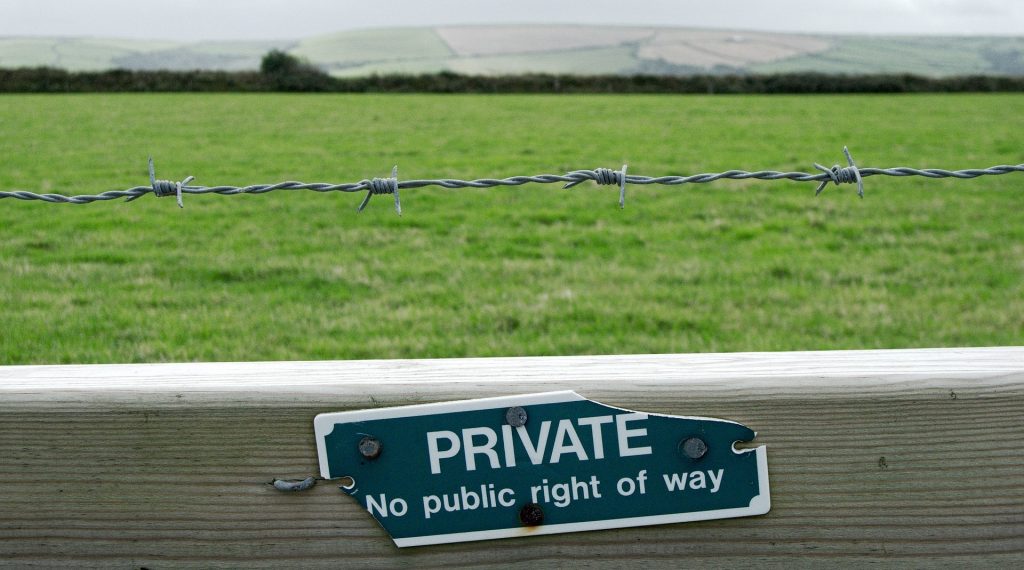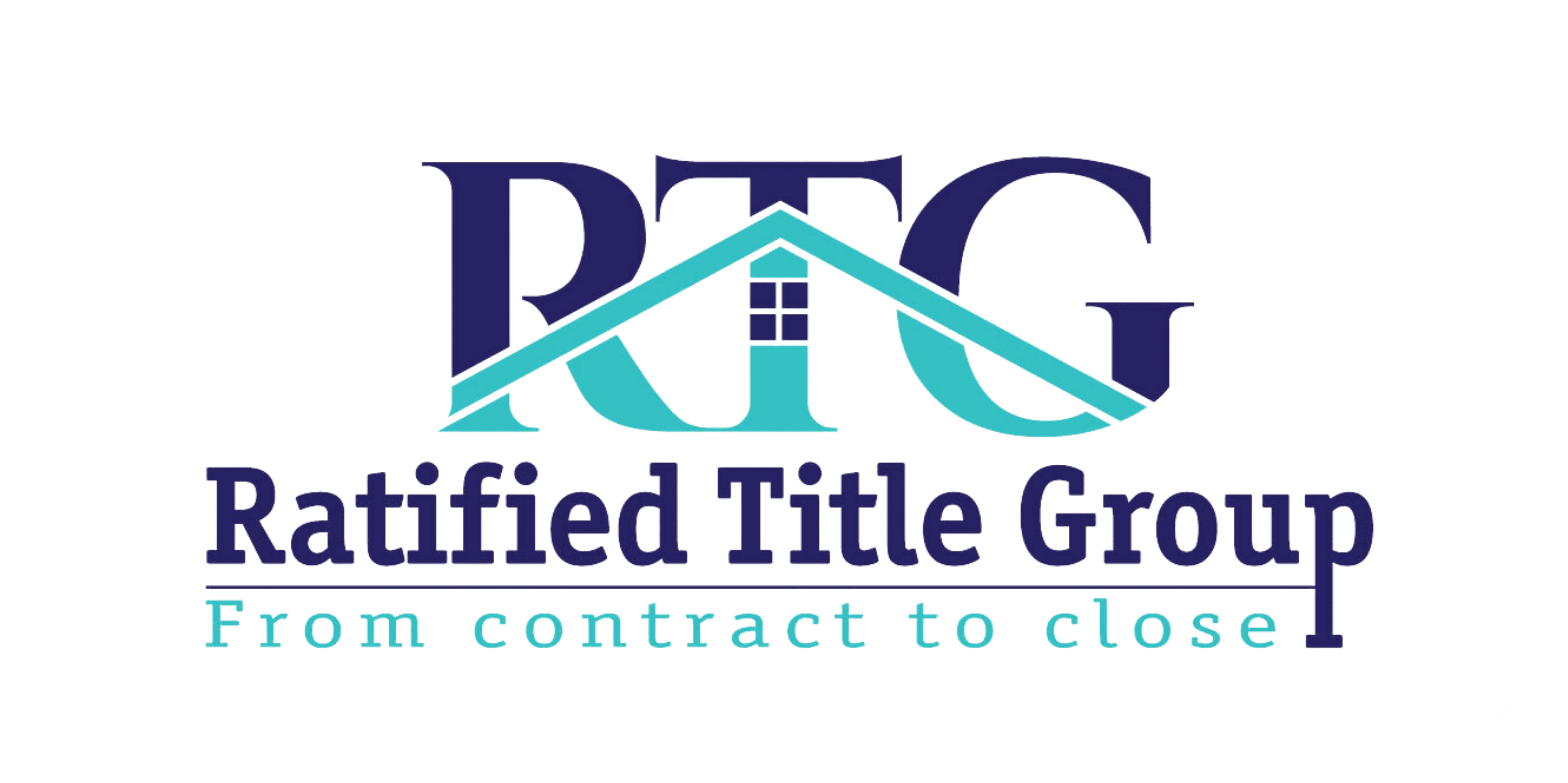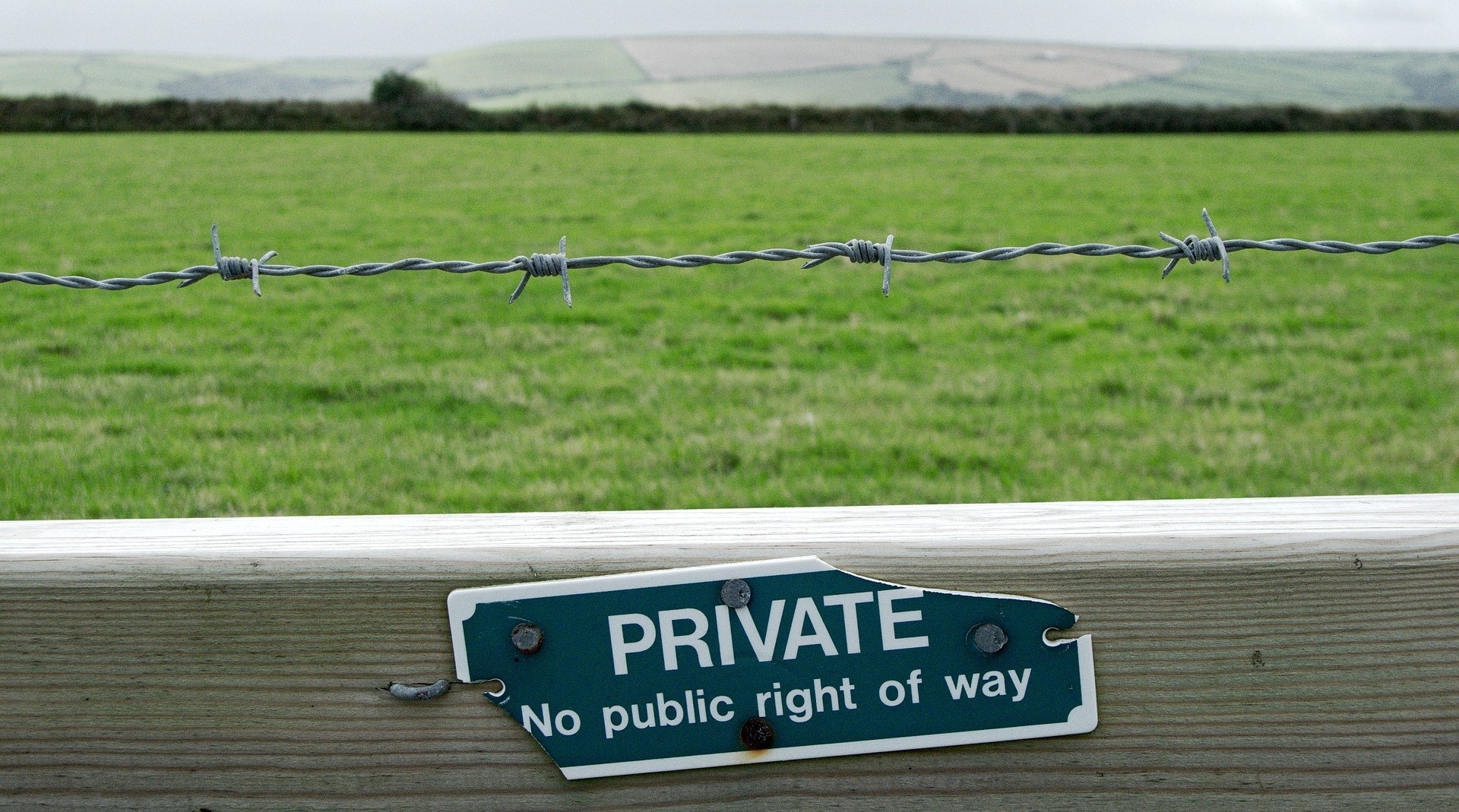One of the most common problems that pops up after you purchase a property is an easement. Sometimes easements are discovered during a title search, and other times there is no written record of the easement at all. Even if there is no paper trail of an easement, it could still be legally binding and may cause issues with the enjoyment of your property. Learn all about easements so you understand the potential issue they can cause with your title.
What Is an Easement?

An easement is when someone else has the legal right to use a portion of your property. An easement could allow a utility company to run lines or pipe across your property. Another easement might allow use of a road on your property.
There are three ways easements can be formed — through established use, a formal agreement or a longtime understanding.
Prescriptive Easements
Prescriptive easements are not often documented and can be difficult to find during a title search. These easements can be a cause for contention because someone is using your property without your permission continuously. Prescriptive easements are created when:
- Trespasser uses the property openly and notoriously. This means that they consistently use your property without permission, but without hiding it or sneaking around.
- Trespasser uses the property like they are the owner. This could be taking fruit from your trees or fishing in a pond on your land.
- Trespasser uses the property continuously for the statutory period. The amount of time a trespasser is using your property continuously varies by state.
- The trespasser’s use is averse to the true owner. This means they are using your property without your permission.
Implied Easements
Implied easements are also not often documented, but they are less contentious than prescriptive easements. These easements are legally binding without a written agreement and allow someone to trespass on your property as long as it doesn’t disrupt your enjoyment of your property. Implied easements are created when:
- The land was divided at some point and sold to new owners.
- The need for the easement was established prior to dividing the property.
- The easement must be reasonably necessary to enjoy the original property.
Express Easements
Express easements are most commonly found during a title search, because they are created with documentation. Express easements are created by a deed or a will, so there is a paper trail to discover the easement’s connection to the property.
Express agreements can be affirmative or negative. Affirmative easements grant the holder the right to use part of your land for a specific purpose. Negative easements prohibit what you can do on your property, like keeping you from building a structure.

When issues with easements arise, they could cost thousands of dollars to resolve in court. That’s why it’s critical to get title insurance to cover potential easement issues that may pop up after settlement.
If you have questions about title insurance or easements, reach out to us at 571-234-5589 or by email at [email protected]. We would be happy to help make your transactions smoother. We can’t wait to hear from you!

